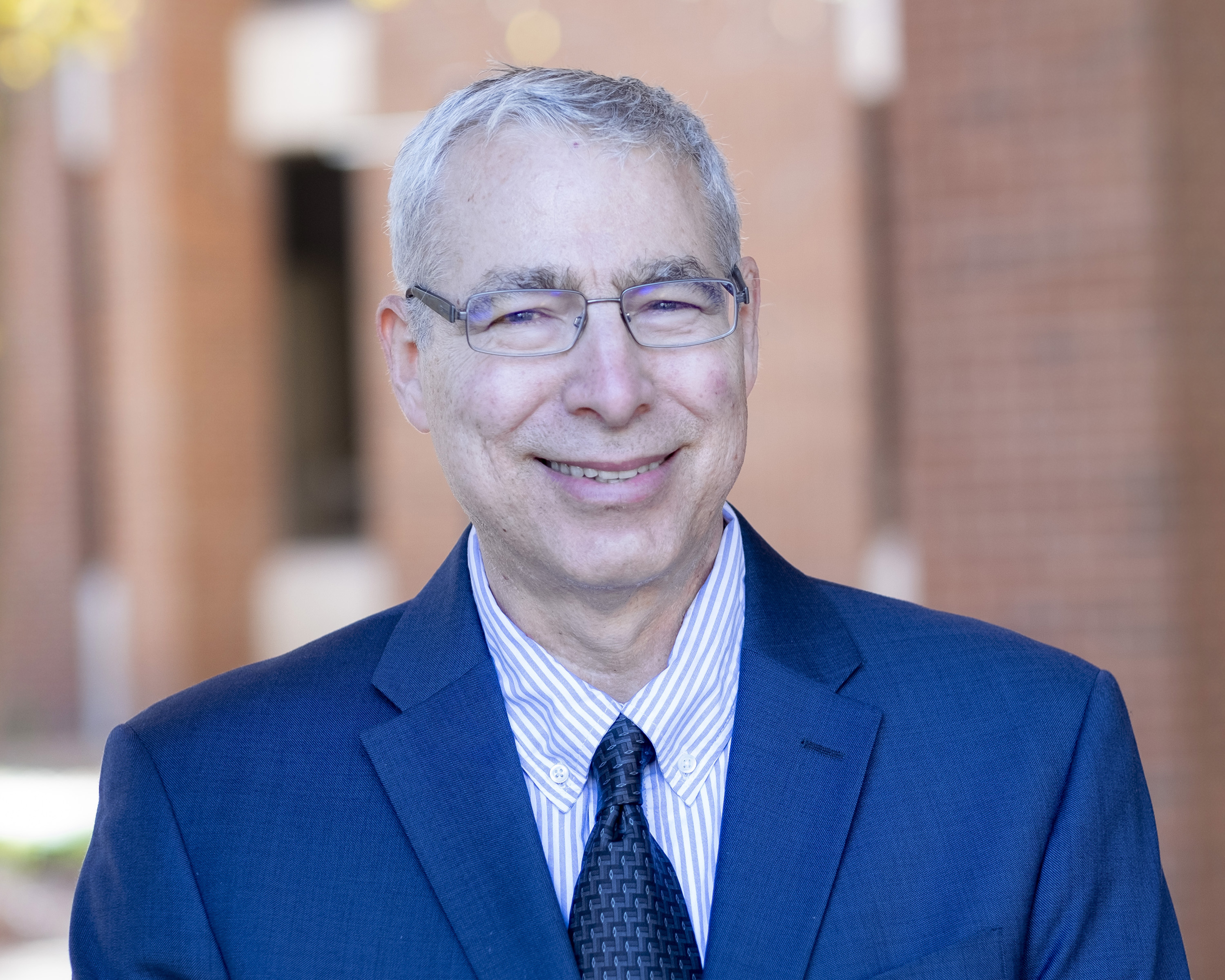Spring 2026
UMSL Economics 1002: Principles of Macroeconomics
using as the textbook: Principles of Macroeconomics: An Evolutionary Approach, by M. Gillman, Kendall Hunt Publishing.
Description:
Recent High Inflation Times! Macroeconomics and monetary policy and their fundamentals has rarely been so important for learning first principles. We will do that and you will learn analysis about business cycles, growth, and monetary policy. We will use data at the Federal Reserve Bank of St. Louis’s Federal Reserve Economic Data system (FRED), which is known worldwide as the leading source (type FRED into Google).
Providing the historical development of Macroeconomics into Neoclassical and Keynesian Schools during the Great Depression, the course uses the historical evolution of the science plus microeconomic concepts of supply and demand to analyze economic business cycles, economic growth, and economic crises. Government policy is viewed in terms of optimal social insurance. An approach of the course and textbook is to view macroeconomic crises and how they shape the theoretic foundations of modern macroeconomics. With this approach, the book goes from the Great Depression of the 1930s to the Great Recession of 2008-2009, and now with consideration of the Covid-19 global pandemic.
Fall 2025: UMSL Economics 4200/5200: Monetary Theory and Policy,
Description: Topics of money demand in partial and general equilibrium, AS-AD in Ramsey 1928 model, CAPM asset pricing model and CCAPM extension to macro, inflation theory and relation to tax on economic growth, asset pricing of interest rates in general equilibrium and comparison to Taylor rule.
4200 students: The outcome is to understand what monetary economics
is, what current policy is, how monetary theory has evolved over time, how
the research has progressed, how partial equilibrium modeling of models
works. Math will include derivatives and algebra to understand partial equilibrium models.
5200 students: The outcome is to understand what monetary economics is,
what current policy is, how monetary theory has evolved over time, how the
research has progressed, how partial equilibrium modeling of models works.
Plus the outcome is to learn aspects of general equilibrium modelling of
monetary economics that dominates the current field, through derivations
and reading advanced research articles using such methods. This requires
more advanced mathematics than for 4200 students, as covered in UMSLís
Mathetical Economics, but reviewed within the course.
Fall 2025: Economics 2200/3030: Monetary Policy in Historical Perspective
Seminar format of twice weekly meetings with high class participation. The
course studies the history of monetary policy from the view of four classics
books in this literature and a newer book by a recent UK Governor of the
Bank of England. We will read passages for each class and discuss their points,
taking a deliberate approach towards overviewing the world monetary record
and policy role of central banks. Students write a paragraph for each class on
the assigned reading and present this and discuss it with others. We compose
the paragraphs into a log for handing in at the end of the semester along with
writing a paper related to the class discussion and readings.
Students find out what monetary policy means, how it has been
formed, what are its intellectual foundations and its prospects for future inter-
national practice. Delving into history to show “episodes” of monetary policy,
we will endeavor to understand how the economy affects monetary policy and
how monetary policy in turn can have major subsequent consequences for world
affairs. Constructing the narrative within the continuing development of monetary theory will enables cataloguing more easily the plethora of monetary
experience, and to judge what future policy path may be best to take.
Other Courses:
Economics 5002: MA Advanced Macroeconomics
Take UMSL Macroeconomics.
Find out about our world:
-
Will the tax cuts keep the economy expanding and stock market values high?
-
Will unemployment keep falling?
-
Will the Federal Reserve Bank keep raising Interest Rates?
-
What will happen to Inflation?
-
How do international trade disputes affect the US economy.
Let’s ask some questions and get some answers together.
Take Principles of Macroeconomics 1002 and open your future to the breadth of Economics.
Take Masters level Advanced Macroeconomics 5002 and ensure your job choices are broad ranging..
I. Principles of Macroeconomics, Economics 1002.
NEW: TEXTBOOK NOW AVAILABLE AS E-BOOK for only $60 from Kendall Hunt Publishers:
Principles of Macroeconomics: An Evolutionary Approach, Max Gillman, 2017, Kendall Hunt Publishing.
available at UMSL Bookstore, online.
UMSL Students:
Get to the Edge: of Macro at the Principles Level.
The debate starts in the Great Depression and has re-ignited since the 2008-2009 Great Recession. We use cutting edge Microfoundations of Macroeconomics to frame the debate. This means we actually use aggregate supply and demand analysis as consistent with the work of John Maynard Keynes’s most famous student, Frank Ramsey. Personalities color the landscape of foundation “principles” of macro. Why? Because the principles clash between two opposing schools of thought: the Keynesian and the Neoclassical. Learn about the how the debate started in the 1930’s with the famous American economist Irving Fisher against the famous British economist John Maynard Keynes. These give us to approaches to Macroeconomic theory and policy, to learn, consider, and apply to policy issues so as to get a full perspective of how the macre-economy works. The neoclassical might be said to be in favor of “less” government intervention, but actually they promote “more efficient” Social Insurance programs, such as efficient banking reform after the Great Recession of 2007-2008. Keynesians have been characterized as promoting income redistribution more than efficient social insurance systems.
We cover aggregate supply and demand analysis that can be used to show business cycles (expansions and recessions) and the long term growth of the economy (“Solow” growth). We also do student engagement to give you the opportunity to develop and express your thoughts about these policies and applications to explain broad Macroeconomic changes in the economy. And we combine this with a FREE EconLowdown online course, with one module each week.
